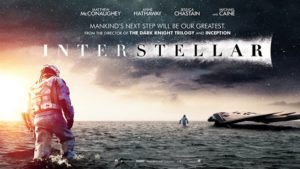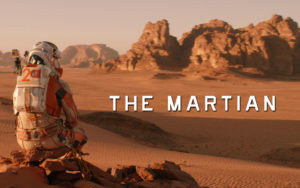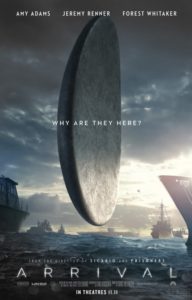Consider something purple displayed on your monitor. It looks purple, the color is vibrant and clear. However if you take that monitor apart and examine it down to the smallest components you will never find a purple pixel. The only pixels you will find will be Red, Blue, and Green. Where does that purple come from?
Now if you know anything about monitors, or color theory, or light, you already know the answer to my rhetorical question. Red light plus Blue light will create purple light. If both Red and Blue pixels light, then their combined color will be purple, that much is simple and straightforward.
Now for an analogy, think of genes as pixels. Each gene does its one thing; code for mRNA from which a protein is created. There are a lot more different genes then there are pixels. For full color you only need 3 pixels, but humans have an estimated 20,000 to 25,000 genes, so a directly analogy, like all analogies, can only go so far but stay with me here.
Like pixels genes are either on or they are off, and they are not always on to full intensity. Just as a pixel can be dim or bright a gene can express, that is produce, either a little product or a lot.
Most of the genes in your cells are actually switched off Livers cell have no need to produce proteins for muscles and the same if true for nerve cells acting like skin cell and so on. Critical to life and everything that it entails is proper gene expression. Just as there is circuitry that controls the pixels, switching them on, off, dim or bright, there is a control system doing the same for genes and that is epigenetics. It is the system outside of your inherited genes that controls when and how your genes express.
There is a growing body of evidence that epigenetic traits are inheritable and may be responsible for a wide range of things never before suspected, including sexual orientation.
This would explain the paradox of twins. Identical twins can and do vary in sexual orientation eve though they have identical genes. Some have tried to use the twins data to argue that orientation is then not inherent but somehow chosen. However your epigenetic settings are not under your control and many of them are determined during gestation. And even identical twins in the same womb do not have identical experiences in gestation. The search for a ‘homosexual gene’ is misguided both due to excessive binary thinking, people are not either simply gay or straight, and it’s a quest to find a non-existent purple pixel. All sexually reproductive species will need to have a sexual response mechanism. It is likely that the form of the response, activated by maturity, is a result of gene expression over a number of genes. I suspect the same may be true of gender identity.
Any species with sexual reproduction and sexual dimorphism is going to have some form on internal gender identity and if that is a result of gene expression that variation in expression may result in variation in internal gender identification.
Your phenotype may be male but if your pixels light up for female that may be your self-identified gender.
This gets very science-fictional when you consider that the epigenetic controls look to be hackable. In mice we have already changed the epigenetic settings and changed behavior.
What if we unlocked such keys and controls in humans? Is it ethical for parents to modify a child’s orientation or gender identity? If it is ethical for a person to under go treatments that alter the phenotype to match and internal model is it also ethical to allow that person to alter the internal model to match the phenotype?
I am not proposing answers. These are big big questions, but they are questions we may very be faced with sooner than we think.



